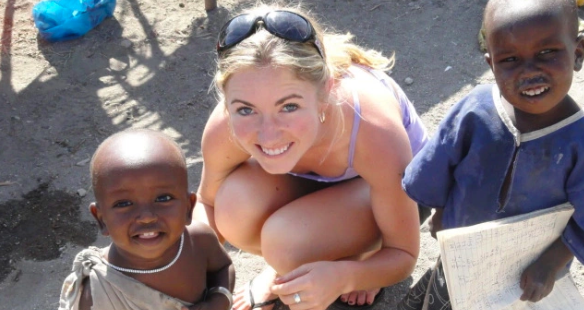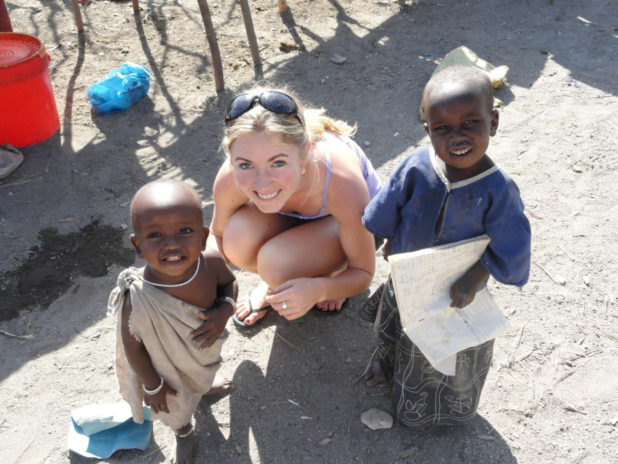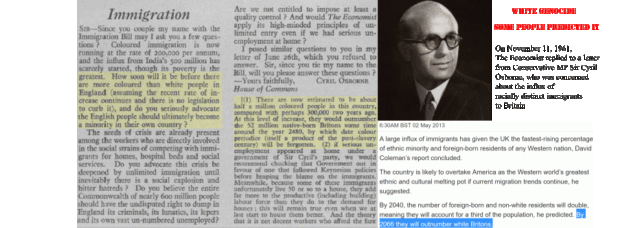Diversity Macht Frei
September 23, 2018
The Economist, owned by the Rothschilds, has always been at the forefront of globalism. Back in the early days of mass migration, it mocked those, such as Cyril Osborne, who warned that the population reserves of the Third World were infinite, and Europeans would seen be faced with minority status if the influx was allowed to continue.
Here we are only a few decades later and the Economist, in the same imperturbably smug tone that is its hallmark, now tells Europeans that their being merged with Africa is now inevitable and they should accept it gracefully.
Europe’s deluded politicians still say that we need to encourage development in Africa to stop them coming here. But as the Economist makes clear, prosperity acts as a driver of immigration, not the obverse.
Today’s waves of African migration are merely a prelude. Of the 2.2bn citizens added to the global population by 2050, 1.3bn will be Africans—about the size of China’s population today. And more of them will have the means to travel. Those Africans risking the trip north across the Mediterranean today are not the poorest, but those with a mobile phone to organise the trip and money to pay smugglers. Few of the Nigerians who attempt the crossing are from their country’s poor north, for example; almost all are from its wealthier south. As African countries gradually prosper, migration will surely increase, not decrease. Emmanuel Macron raised these points in a recent interview. The French president was recommending a new book, “The Rush to Europe”, published in French by Stephen Smith of Duke University, which models past international migrations like that of Mexicans into America to show that the number of Afro-Europeans (Europeans with African roots) could rise from 9m at present to between 150m and 200m by 2050, perhaps a quarter of Europe’s total population.
Rape is probably inevitable, women. Rather than resist it, you should do your best to try and enjoy it. Maybe your rapist will turn out to be a nice guy. You can have little brown sprogs with him and live happily ever after.
…There is an alternative “Eurafrica” strategy, writes Mr Smith. This is to accept the integration of Africa and Europe. Alex de Waal, an Africa expert at Tufts University, agrees that is the only realistic course. “The logic of history is a European-Mediterranean market that will cross the Sahara, too,” he says. “The challenge is to recognise that reality and make it a mutually beneficial and regulated one. Building walls will not work.”
…
It also means creating regulated routes for migrants travelling in both directions. Over the century, European districts that today have a Eurafrican character—parts of Barcelona, Marseille, Brussels and London, say—will become more the norm than the exception. “African migrants will provide a significant part of the European workforce, so we need to ask what part of the workforce and what sort of training we need to provide,” says Mr de Waal. African music and food will become more prominent in European cultural and culinary diets.
…
The two options, Fortress Europe versus Eurafrica, may one day end up as a choice between denial and reality. Europe cannot insulate itself from the dramatic long-term shifts in its continental neighbour. Like it or not, Eurafrica is part of Europe’s demographic and cultural destiny. It is better, surely, not to ignore or reject this but to work out how to make it a success.
So I Jewgled this Alex de Waal. You’ll never guess what I found. From his Wikipedia entry:
He is the son of Esther Aline (née Lowndes-Moir), a writer on religion, and Rev. Dr Victor de Waal, Dean of Canterbury from 1976 to 1986. His siblings include barrister John de Waal, ceramic artist and writer Edmund de Waal, and Caucasus expert Thomas de Waal.
And from the Wikipedia entry of his brother Edmund:
In 2010 de Waal’s family memoir, The Hare with Amber Eyes: a Hidden Inheritance, was published, first by Chatto & Windus in the UK and later by Farrar, Straus and Giroux in New York City. In it he traces the history of his Jewish relatives (from his paternal grandmother), the wealthy and influential Ephrussi family…


